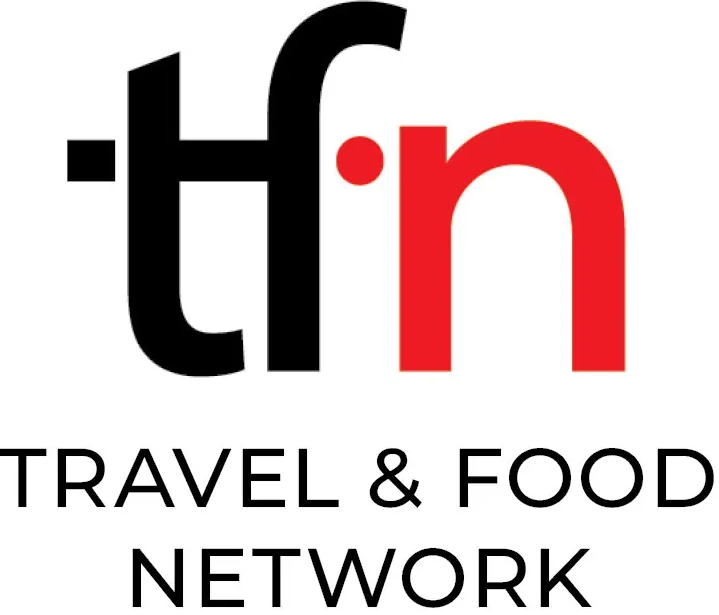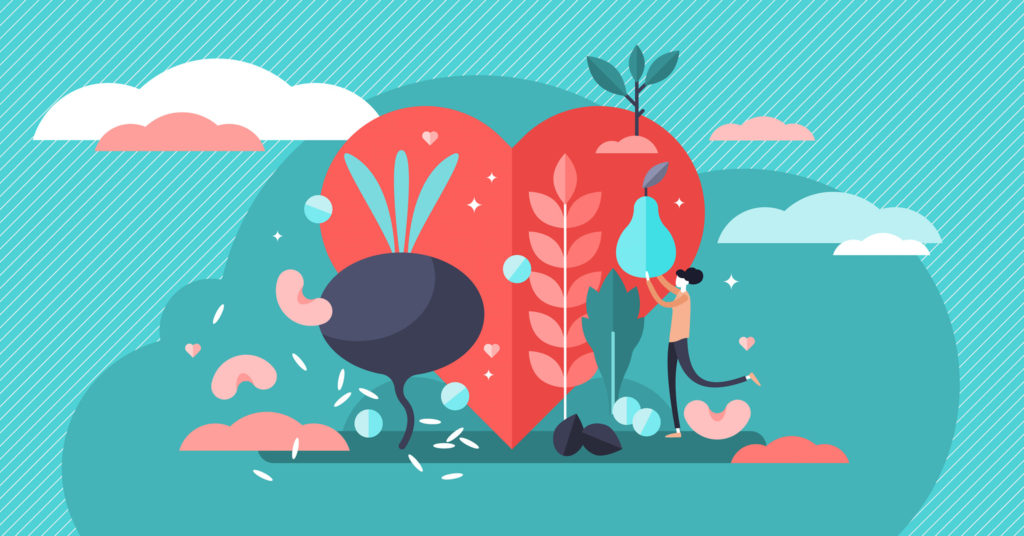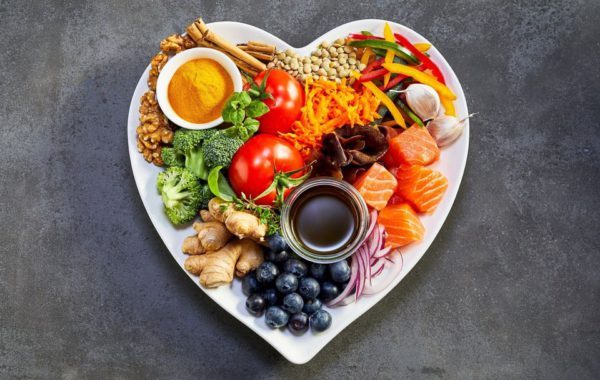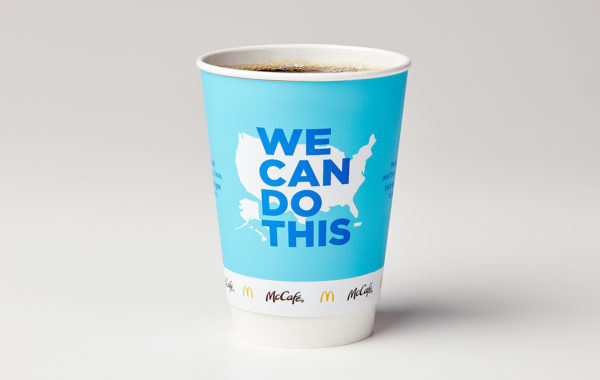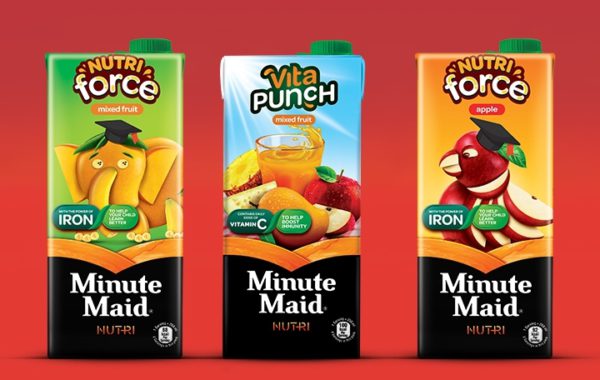The ongoing pandemic and associated restrictions like lockdowns, self-quarantine, social distancing, have had a significant impact on lifestyle-related behaviour including diet, physical activity and sleep. While more time at home may have resulted in some positive habits including an increase in cooking, but a fully stocked pantry, rising stress levels, anxiety, mental health issues, have also been a major driving force for a lot of stress-eating. As India battles the horrifying second wave, now more than ever it is important to note that good nutrition is crucial for health, particularly in times when the immune system might need to fight back.
So, we asked Kripa Jalan, a Harvard-trained nutrition consultant and the founder of Burgers To Beasts, to address some of the FAQ’s around health and nutrition, immunity boosters, quarantine diet, and summer coolers and on how to shake off the lockdown fatigue and keep your spirits up in the face of adversity.
1. What is lockdown fatigue and how to deal with it?

I think tiredness is not something that you just have to deal with. It’s considered a normal part of adulthood. It’s actually ok to feel sleepy sometimes. But if it’s happening every single day, chronically, even if you are getting good sleep, then it’s time to figure out what’s making you so tired. Sometimes fatigue can be a sign of blood sugar hormonal imbalance, not eating enough or not drinking adequate water or an underlying health issue or even stress and anxiety. Of course this list is not exhaustive, but if you need a pick-me-up, then fruit is a great option. You also want to include healthy fat. Fats also act as a source of slow release of energy for our bodies. It is also what helps us feel fuller longer, because it takes a lot longer to digest. So eating healthy fat will keep each meal supporting your hormones. Consider nuts, seeds, olive oil.
2. What according to you constitutes a balanced diet?
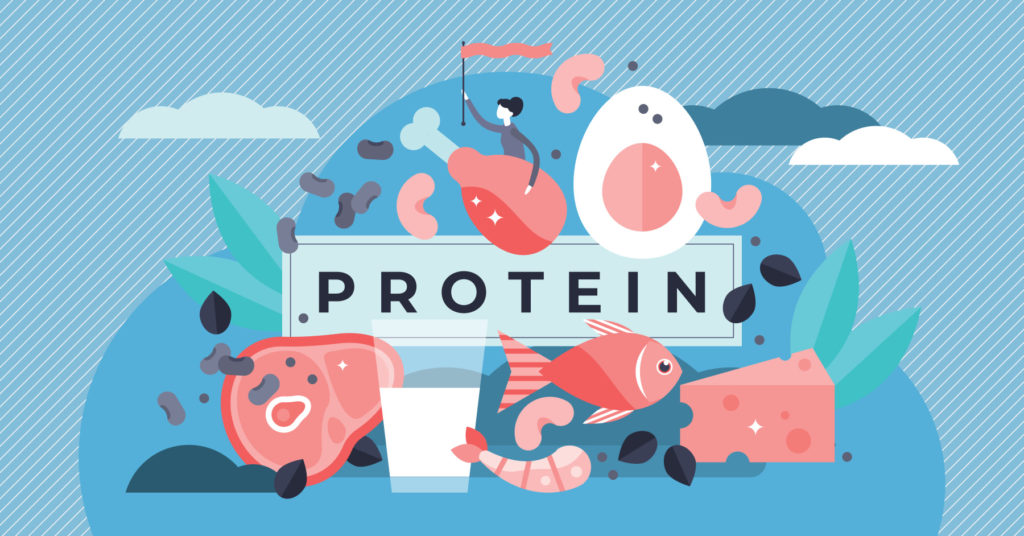
So the definition of a balanced diet is going to differ from person to person. Individuals are unique so their diet should be too. But as a baseline, most people can benefit by including adequate protein (be it animal based or plant based), starchy fruits, wholegrains, healthy fats like olive and nuts, and most importantly a variety of fruits and vegetables. I strongly believe that each food gives you different nutrients, so diversity is the key and so is flavour. Your flavour factor may be a sauce – mustard, herbs, spices, or seasonings, whatever you enjoy cooking or preparing your food in to boost the flavour. When I say sauce, I don’t mean ketchup, because that has high amounts of sugar. Herbs and spices make your food taste great, but they are also packed with antioxidants that can help you glow from inside out.
3. In recent times, most people with mild covid symptoms have been in isolation or home quarantine. What according to you should they include in their diet and what should they avoid?
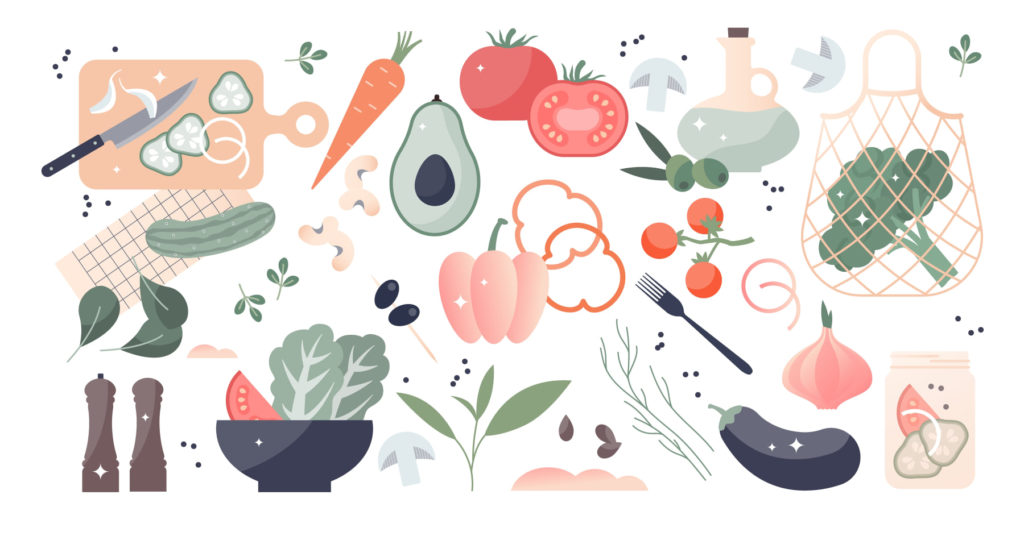
So, first let me state clearly that none of the following recommendations are meant to cure Covid or act as a substitute for your doctor’s advice. However, there’s a clear link between good food and immune support, and I’m using the term immune support here, so let’s view it in that context. Minimise sugar as it is highly inflammatory and can suppress the immune system. Likewise stick to largely home cooked meals, in which you know what ingredients are going in. Avoid highly processed food items and circling back to the point I made earlier, include a variety of fruits and vegetables, because each colour is going to give you different nutrients. Most importantly hydrate because even a 1% drop in water can affect cognitive and physical health.
4. What is your recommendation to those who haven’t fallen ill but are constantly looking for foods to boost their immunity?
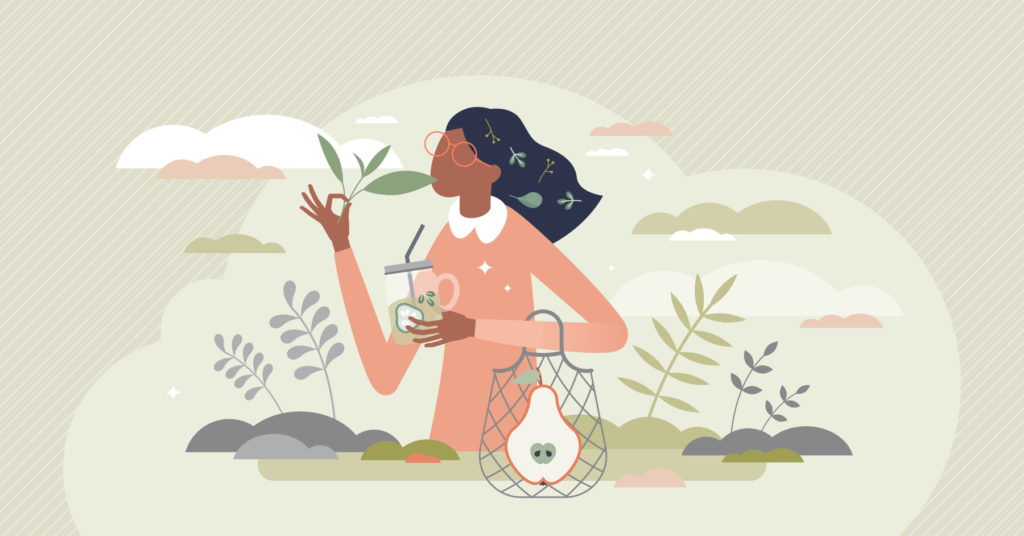
I think it’s imperative knowledge that Rome wasn’t built in a day and neither is good health and immunity. So, any pill or powder telling you that you can have bullet proof immunity overnight is just fooling you and taking your money. Your health and immunity are a result of consistent actions taken daily. So to that effect, in addition to practicing good hygiene, wearing a mask and social distancing norms, eat whole fruits, eat a nutrient dense diet as discussed above, continue to treat sugar as an occasional indulgence rather than an everyday staple. Add herbs and spices to your food. Include quality protein sources be it meat, seafood, tofu, or even lentils and beans for the vegetarians. Most importantly get adequate sleep and sunshine. These are the cornerstones of a healthy and joyous life.
5. The home confinement of children and adolescents have had a significant effect on their physical and mental health. What tips would you give parents who are concerned about the health and nutrition of their children during these testing times?
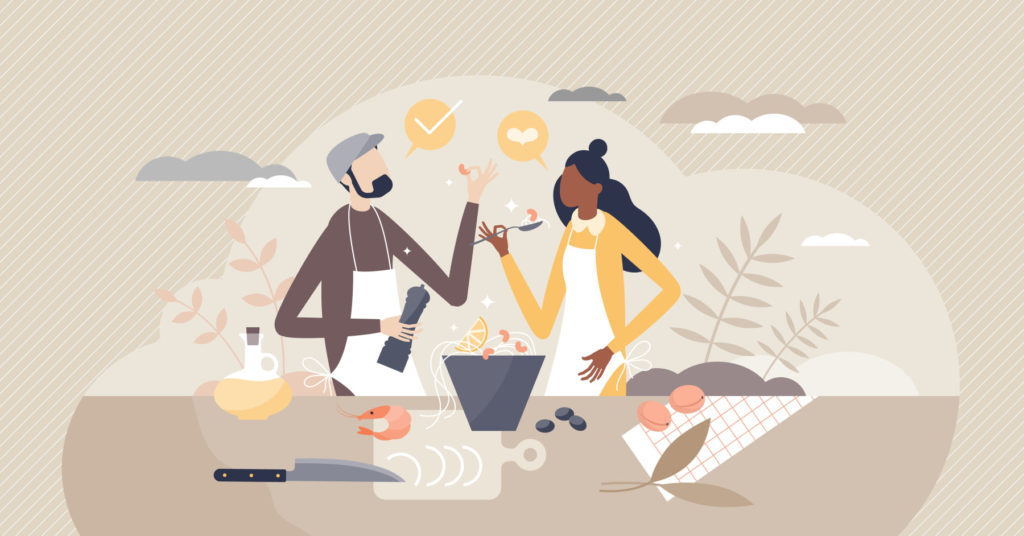
I would say, regardless of Covid, kids who are old enough to eat solid food, should eat the way their parents do provided they eat real food and not too many processed foods. I think parents should lead by example because it is hard to convince kids to eat vegetables and fruits if they are not eating it themselves. It is important to be mindful that children’s lives have been turned upside down by this pandemic. Between remote schooling and playdates being cancelled, children’s routine are anything but routine. Kids also have questions about Corona virus and can benefit from age-appropriate answers. Don’t fuel the flame of anxiety. It also helps to discuss and role model things that they can control, like handwashing, physical distancing, and health promoting behaviours.
6. With the uncertainties, anxiety around the pandemic, food has become a self-soothing mechanism to deal with a distressing situation. Can you suggest some ways to mindfully reduce stress eating?
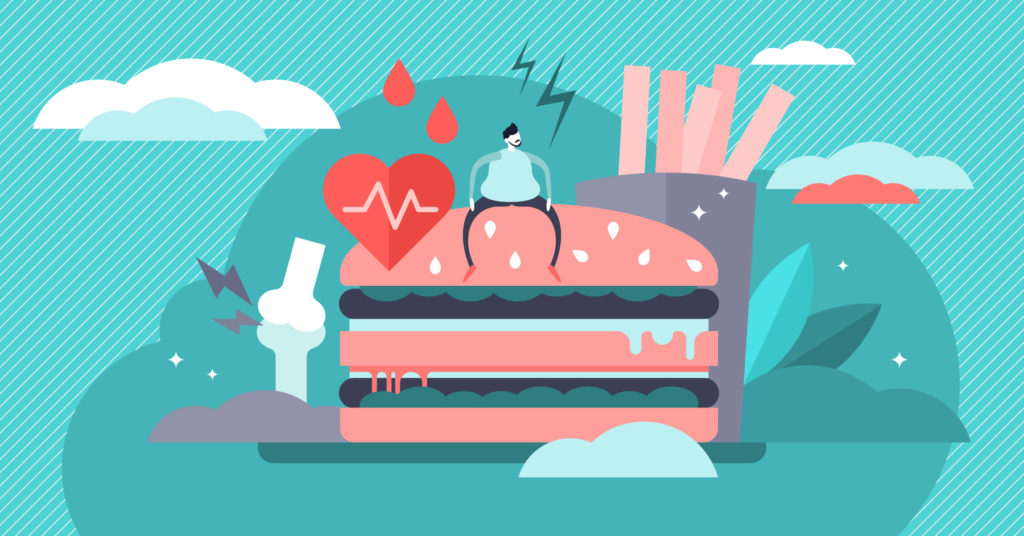
So one common reaction to stop stress eating that we see, or atleast I see in my coaching practice is that people completely avoid everything that they want to have or what makes them feel good to go on a diet or detox. And it actually backfires because one day comes when you are like – forget it I’m just going to eat everything that comes my way. So going on a diet to heal binge eating is literally like rubbing salt into an open wound. It doesn’t address the root cause, and can cause you to undereat or overeat. So moderation is the key regardless of what you are having whether it is pizza or grilled chicken and moderation differs from person to person, and even within the same person – they may feel more hungry one day and less hungry the next day so I think it is really important to listen to your body and give it the care and nourishment that it deserves.
7. What is your take on organic vs non organic food?
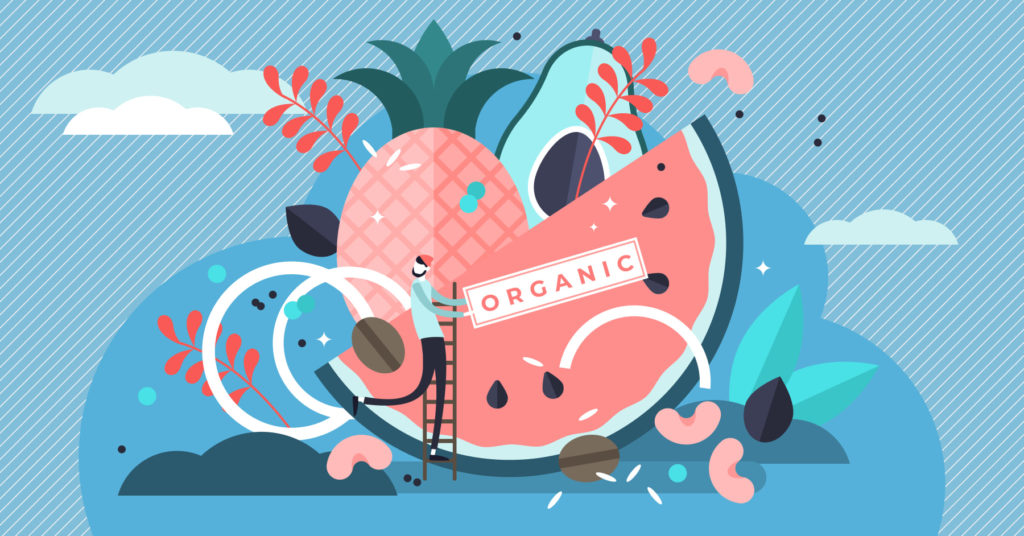
In some cases organic food may have higher amounts of nutrients like you have organic vegetables and fruits, but you also have organic ice-creams, sodas, breakfast cereals and chips. So while buying these foods makes it feel like a better option for the environment or for the planet but it may or may not be for your health. An organic diet can reduce the amount of toxic chemicals consumed and increase the vitamin, mineral and fatty acid content of food for sure, but what about high fructose corn syrup? That is not healthy. So organic doesn’t always mean healthy. So consider what you are getting, the price you are paying, the taste and your priority before you buy..
8. There’s so much conflicting advice on what’s healthy and what’s not. Can you help bust some of the myths around diet and nutrition?
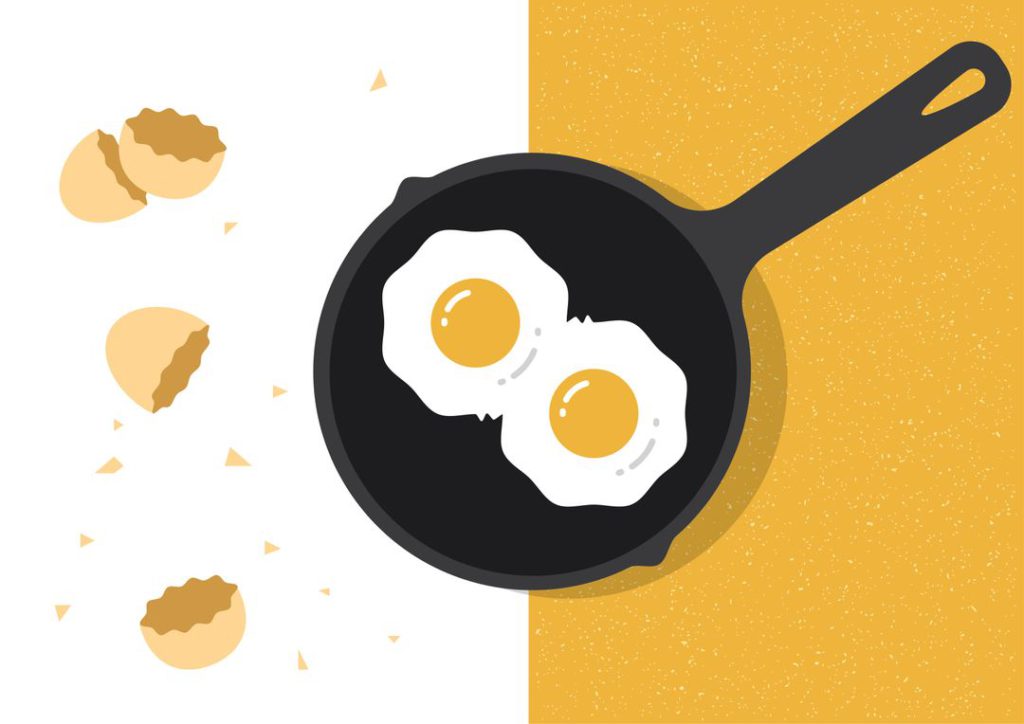
There are not many. First is that Egg yolks are bad for you. Dietary cholesterol is poorly absorbed and rapidly eliminated, so unless you are advised by your doctor not to have egg yolk, you need not eliminate it from your diet . Second is that you need to have the most exotic produce to maintain good health. But sometimes what’s local or easily accessible could be the answer. Third is that nutrition and dieting include bland and boring food. But it really isn’t. It includes small ways to make your meals slightly healthier. I feel a little bit of change goes a long way. Fourth is that Fat makes you fat. And that is far from the truth because of course you have healthy fats and unhealthy fats. But your healthier fats support your hormones, brain health and have a host of positive properties for the body.
9. With mercury rising around the country, could you give us some tips to beat the heat?
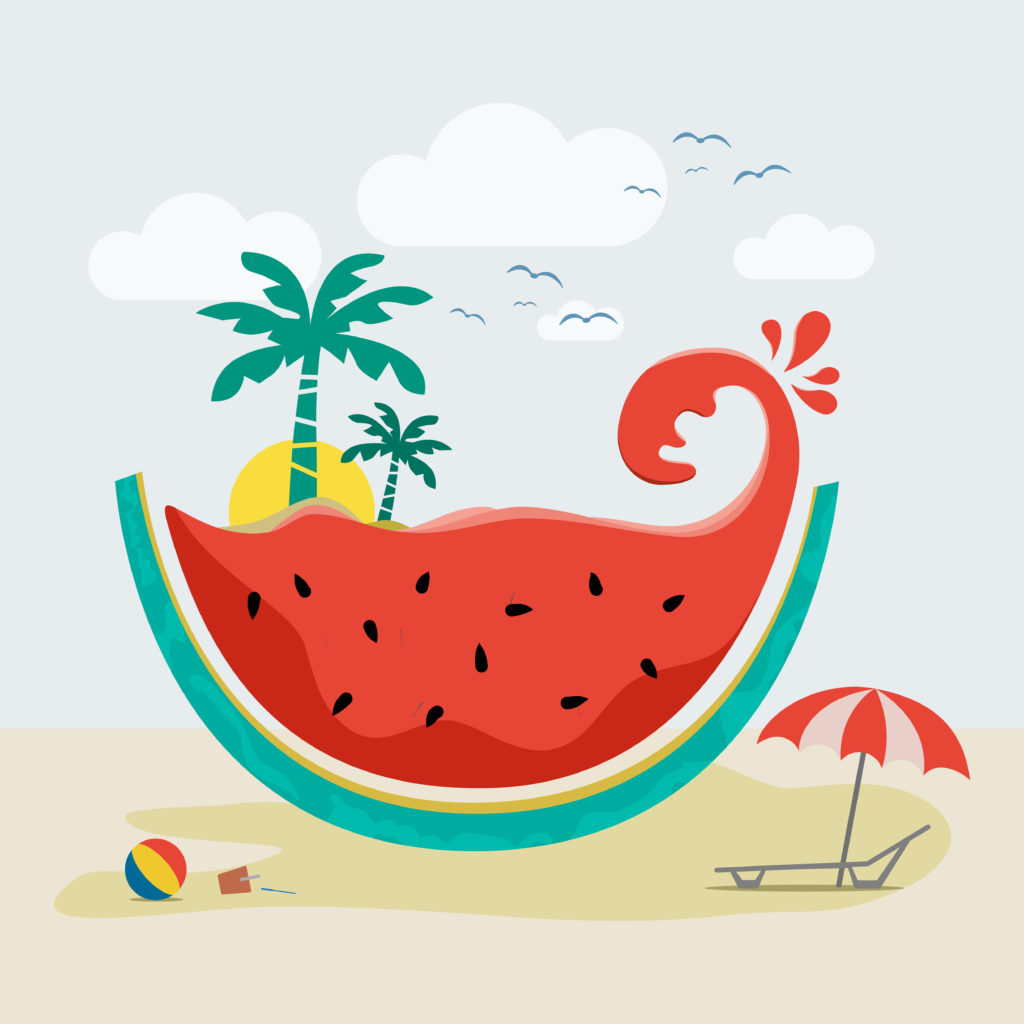
So circling back to the point I made previously that water intake is paramount. If you struggle to drink plain water then add some slices of lemon or cucumber to it to help you drink more. Fruits and vegetables also contain some amount of water. Watermelon and cucumber – try to consume more of those as they are also lighter so you feel a lot better.
About Kripa Jalan:

Kripa Jalan, is a Harvard-trained nutrition consultant and the founder of Burgers To Beasts, a mind-body firm that integrates the science of nutrition with the art of mindfulness, to help individuals, look, move, and feel their best. Passionate about the deep health matrix, the ideology that food is medicine, and the belief that diets don’t work, she wants to work towards a world where good health is accessible to all, regardless of who individuals are or what their history is.
For more health and nutrition tips you can follow her on Instagram or subscribe to her YouTube channel.
Illustrations : Shutterstock
For latest travel news and updates, food and drink journeys, health and nutrition tips, restaurant features, and more, like us on Facebook or follow us on Instagram. Read more on Travel and Food Network
